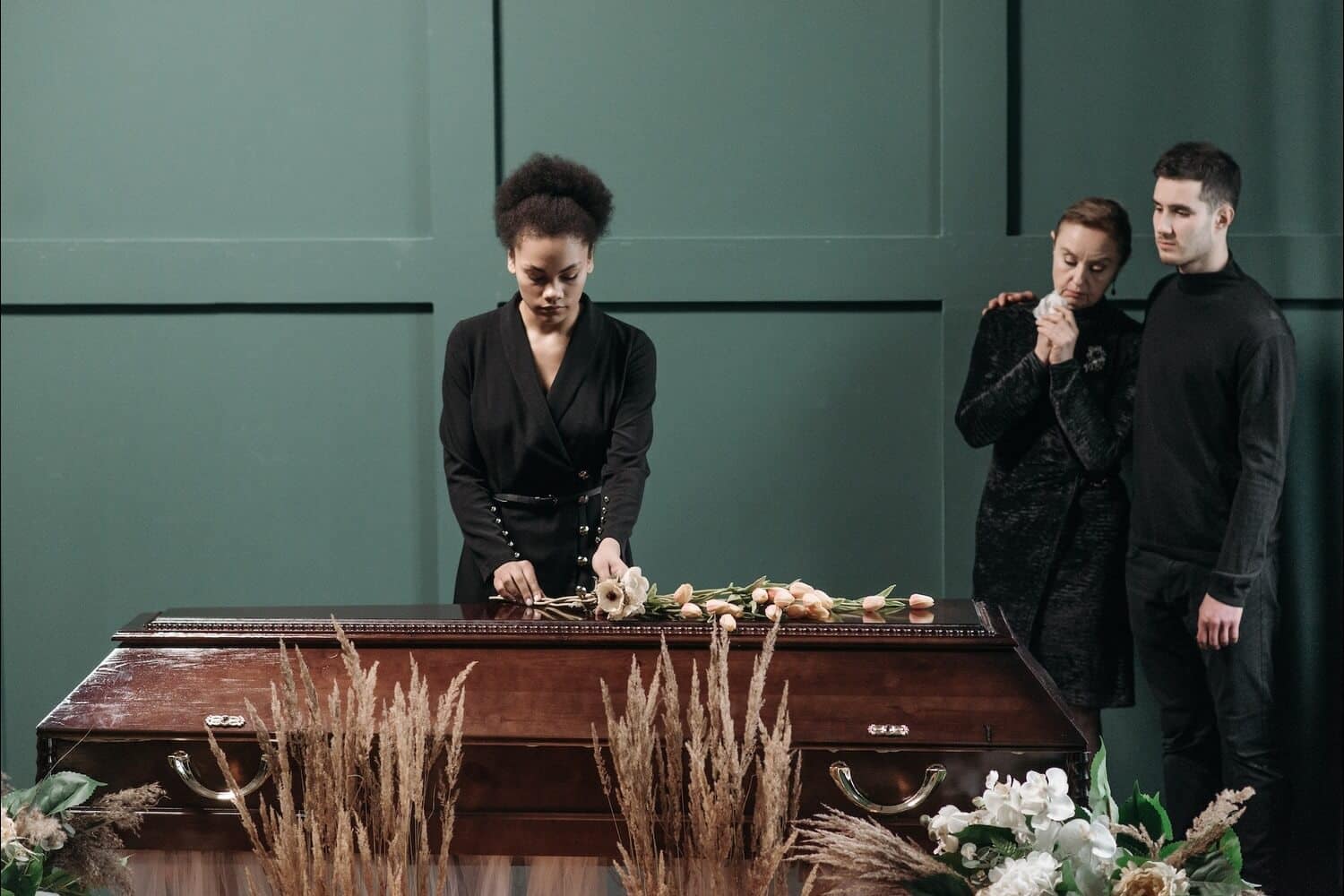In the unfortunate event of a mother’s passing, questions often arise about who will care for the child.
It’s important to note that the father does not automatically gain child custody if the mother dies. The court will consider all relevant factors and child custody lawyers can help advocate for the child’s best interests, working to ensure a fair and informed decision.
A parenting order can be a significant factor in the Family Court’s decision about child custody if the mother dies. In Australia, specific laws govern child custody in these circumstances.
If a parenting order is already in place at the time of the custodial parent’s death, the family court will consider it when making its decision. This situation can be particularly challenging if the parents are separated or divorced, and the mother has primary custody of the children.
The court will consider whether the existing parenting order is still appropriate and in the best interests of the child, given the change in circumstances caused by the custodial parent’s death.
The court may need to change the order to reflect the new circumstances, particularly if the surviving parent seeks to become the primary caregiver.
If there is no existing parenting order, the court will make a decision based on the best interests of the child.
However, if there is a dispute between the surviving parent and other parties (such as grandparents, stepparents, or other relatives), the court may need to decide on the parenting arrangements.
What Can the Surviving Parent Do?
If the surviving parent wishes to obtain child custody if the mother dies, he can apply to the court for an order granting him custody.
However, it’s important to note that simply being the surviving parent does not automatically entitle him to custody.
To increase his chances of being granted custody, the surviving parent may need to demonstrate to the court that he can provide the child with a stable and safe home environment.
This could involve providing evidence of his ability to meet the child’s physical, emotional, and developmental needs as well as any plans he has for the child’s education, health care, and general well-being.
The surviving parent may also need to address any concerns the court may have about his ability to care for the child.
For example, if there have been previous incidents of family violence or if he has a history of substance abuse or mental health issues, the court may be hesitant to grant him custody.
In these cases, the surviving parent may need to provide evidence of his efforts to address these issues and demonstrate that he has taken steps to ensure that the child will be safe in his care.
If the family court determines that it is not in the child’s best interests to live with the surviving parent, custody may be granted to another family member or even a non-relative, such as a foster carer or adoptive parent.
Also read: Joint Custody vs Shared Parenting
What Happens to a Child if Both Parents Die in Australia?
When both parents pass away, the situation regarding the custody and care of any children becomes significantly more complex. In Australia, the following legal provisions typically come into play:
- Legal Guardianship: If the parents have made a will, they can specify a legal guardian for their children. This guardian will then take over the care and custody of the children.
- Family Court Intervention: In the absence of a specified guardian or if the appointed guardian is unable or unwilling to take the children, the matter is brought before the Family Court of Australia. The court, acting in the child’s best interests, will decide to place the child with other family members or into state care.
- The Role of Child Protection Services: In cases where suitable family members are not available or when the children’s safety is a concern, child protection services may intervene to ensure the children receive appropriate care. This could involve placement in foster care or finding other suitable long-term care arrangements.
- Consideration of the Child’s Needs: Throughout the process, all decisions made by the courts or child protection services will focus on the child’s needs and best interests, including emotional, educational, and physical needs.
- Potential Conflicts: Disputes may arise among family members or between the family and the state regarding the best place for the child. Such disputes are resolved in the Family Court, which aims to find the most stable and beneficial arrangement for the child’s future.
These steps ensure that in the tragic event of the deaths of both parents, the children are provided with a stable and caring environment, prioritising their well-being and continuity of care.
Understanding Father’s Custody When a Mother’s Child Does
In conclusion, child custody arrangements can be complex, especially in the event of a mother’s death.
If you are in this situation, it’s important to seek legal advice to understand your rights and responsibilities.
Remember, the court’s primary consideration is the best interests of the child, and all decisions will be made with this in mind.
Director of Melbourne Family Lawyers, Hayder manages the practice and oversees the running of all of the files in the practice. Hayder has an astute eye for case strategy and running particularly complex matters in the family law system.






2 Responses
The mother of my 4 year old son died of natural cause.
There has never been any legal issues or any child welfare problems.
My son lived with his mother and ithere were no problems with father/son contact so we have enjoyed unlimited contact for 4 years.
Us parents seperated temporarily due to the mothers drug use whilst pregnant.
After the mother passed, the maternal grandmother took my son into her care, and without my knowledge had the child protection department grant her temporary custody of my son.
What can my son and i do to mantain unlimited contact ?
There has so far been no resistance of cotact between my son and i, however i am concerned that grandma is a bit too possessive
Hi Rah, due to the nature of your case and the child protection department’s involvement, we recommend speaking to one of our experienced family lawyers to provide tailored advice and potential outcomes regarding your circumstances.